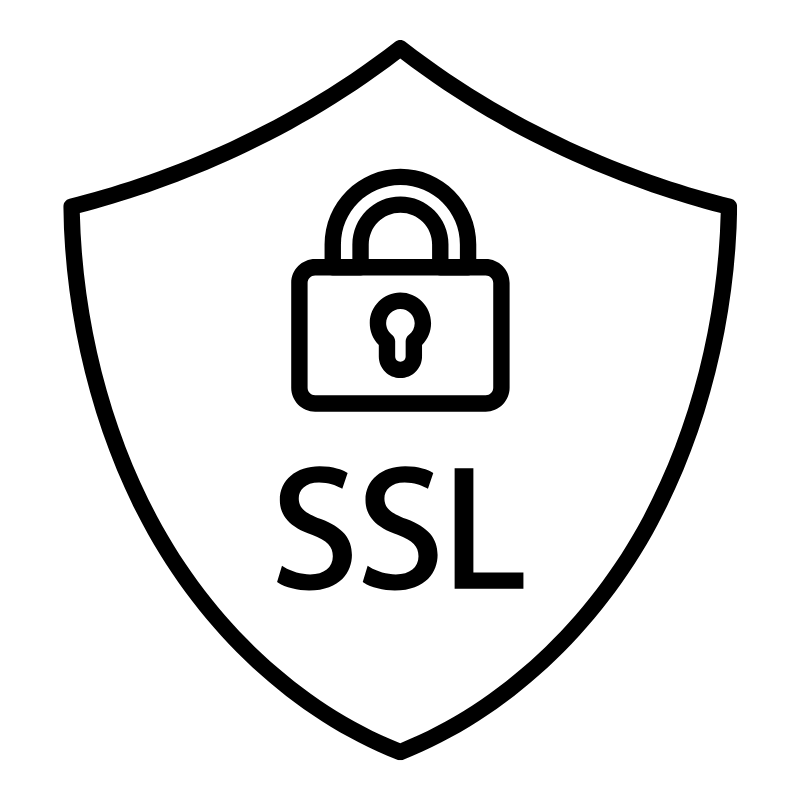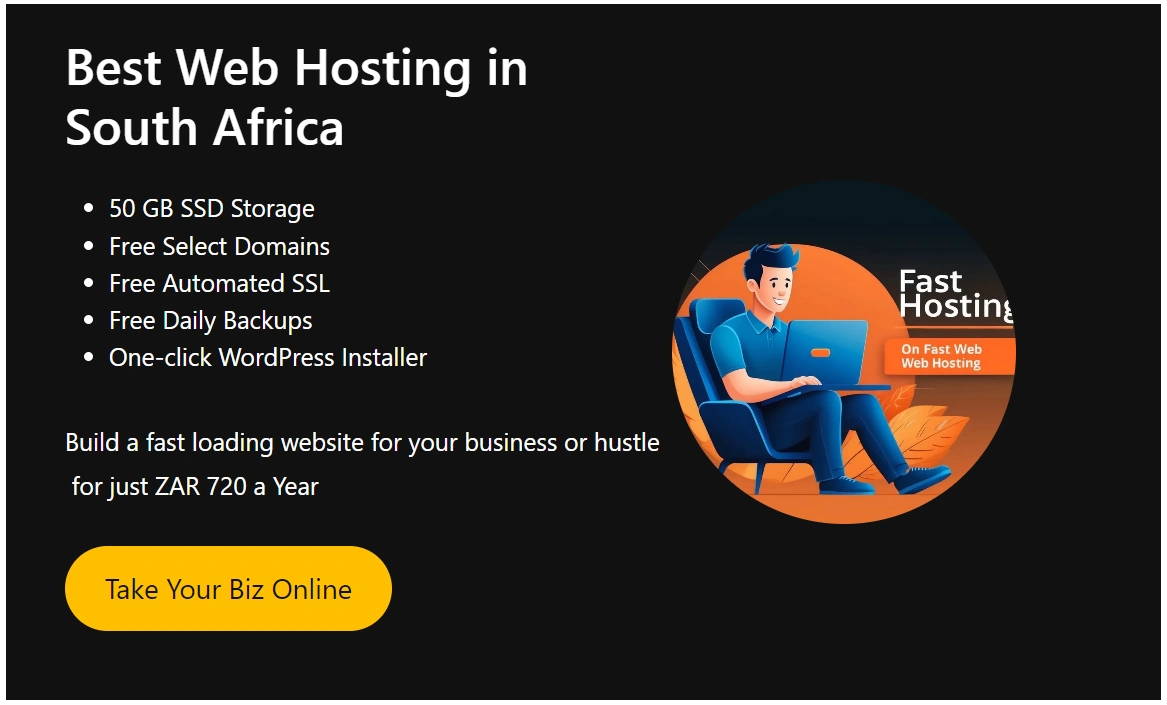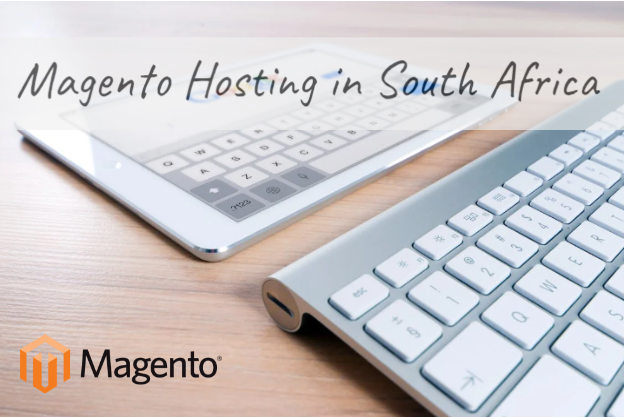Having a South African IP address can provide substantial benefits for websites targeting users in South Africa.
With a local IP address, your website will load faster for local visitors and you can better optimize for search engines like Google South Africa.
There are a few ways to get a South African IP address for your website:
- Use a South African web host
- Configure a content delivery network (CDN) with South African points of presence
- Use a proxy service
Choosing the right web host is crucial – you want to find a reliable provider with data centers located within South Africa.
In this guide, we’ll cover:
- The advantages of having a local South African IP address
- How to configure your site with a South African IP
- Top web hosts and CDNs with servers in South Africa
- SEO and compliance considerations for South African sites
By the end, you’ll understand how to maximize your website’s performance and search visibility for users in South Africa.
Table of Contents
Benefits of hosting with a South African IP address
Hosting your website using a South African IP address provides several key advantages:
- Faster load times – Your site will load much faster for visitors in South Africa when hosted locally. Latency is reduced since the servers are geographically closer.
- Improved SEO – Local IP addresses help search engines like Google determine your site is targeted to users in that country. This can improve SEO and search rankings specifically for South African users.
- Geo-targeting – With a South African IP, you can easily geo-target content and website experiences for local visitors. Redirect users, display different site versions, customize pricing and more.
- Ad targeting – Online ad platforms use IP addresses for geographic ad targeting and reporting. With a local IP, ad targeting and tracking will be more accurate.
- Compliance – Some South African regulations and licensing requirements mandate in-country servers or IP addresses. Hosting locally can simplify compliance.
To summarize, South African IP addresses provide:
- Faster speeds for South African visitors
- Improved SEO and search visibility
- More options for geo-targeting
- Better ad targeting and analytics
- Easier compliance with South African regulations
By hosting your site in South Africa, you can better optimize the experience for local users and position your website for success there.
Top South African web hosting providers
As we mentioned earlier, one of the best ways to host a website with South African IP is to use local hosting companies.
Now, when choosing a web host for your South African website, you’ll want to select a provider with high-performance servers physically located within South Africa.
Here are some top options to consider:
- Afrihost – Popular South African web host with plans starting at R99/month. Data centers located in Johannesburg.
- Hetzner – South African dedicated server and cloud hosting provider with 4 data centers in the country. Scalable options.
- 1-Grid – Dedicated servers, storage and colocation available from data centers in Johannesburg and Cape Town.
- WebAfrica – Shared and VPS hosting plans on servers based in Cape Town and Johannesburg.
- RSAWEB – Long-standing South African host with data centers in Johannesburg, Durban and Cape Town.
When comparing options, check reviews and uptime records carefully.
Ensure the company has ample network capacity and redundancy measures in place.
Configuring your DNS settings for a South African IP
Once you have selected a South African web host, the next step is configuring your domain’s DNS settings to route traffic to the new servers:
- Point your domain to use your new hosting provider’s nameservers. In their control panel, you can find the IP addresses of the nameservers to use.
- Update your site’s A record to resolve to your new South African server’s IP address. This will route traffic to the local server.
- If using SSL/HTTPS, install your SSL certificate on the new hosting account and update the CNAME record.
- Set up any subdomains or other DNS records like MX records on the new nameservers.
- Test the changes! It can take up to 48 hours for DNS changes to fully propagate globally after switching nameservers and records.
- Once DNS switches over, enable CDNs or proxies to maintain fast performance for international visitors.
Properly configuring DNS and testing the transition is crucial to avoid downtime when making the changeover. Consider managing the switch gradually using CDNs first before fully transitioning DNS.
SEO considerations for South African websites
Besides getting a South African IP for your website, there are a few important SEO factors to consider when optimizing websites for the local audience:
- Google.co.za – Use Google Search Console to verify and optimize your site for Google South Africa. The search algorithms may differ slightly.
- Local content – Having locally-targeted content written for South African users signals relevancy to Google.
- Afrikaans & African languages – Consider incorporating African languages like Afrikaans into your website to appeal to local users.
- Local links – Build links from South African websites (.co.za domains) to boost local SEO value.
- Google Business Profile – List your South African business address and phone number in Google Business Profile for better local pack rankings.
- PageSpeed – Improve page speeds even further with a local IP address and South African CDN caching. Faster sites rank better.
- Mobile friendliness – Optimize site responsiveness and mobile performance, critical for South Africa’s mobile-first users.
- Schema markup – Use markup like local business schema to highlight your South African presence.
Paying attention to these factors will help search engines understand your business is locally relevant.
Combined with a South African IP and fast local hosting, your website will be primed for South African SEO success.
Compliance issues for South African websites
Operating a website hosted in South Africa introduces some additional compliance considerations:
- Domain licensing –
.co.zadomains require a COZA license and presence in South Africa. Other extensions like.comare unrestricted. - Consumer protection – The Consumer Protection Act has strict requirements regarding returns, refunds and notices for South African consumers.
- Privacy regulations – Comply with PoPIA privacy regulations when collecting and processing user data from South Africa.
- Advertising rules – Ad standards exist for areas like alcohol, gambling and financial products when marketing to South Africans.
- Payment processing – To accept payments from South Africa, you may need a local merchant account and banking integration.
- Taxation – As a foreign business selling into South Africa, you may need to register for VAT tax and pay applicable taxes.
- Intellectual property – Understand South African IP laws regarding trademarks, copyrights, etc. Acquire local trademarks where applicable.
- Legal jurisdiction – Your website will fall under South African law by targeting that market. Local legal representation may be needed.
While complex, partnering with a local organization or service provider can help guide your compliance efforts.
This ensures your South African website operates legally.
Key Takeaways
- Hosting a website with a South African IP address provides faster speeds, improved SEO, easier geo-targeting and better ad optimization for South African users.
- When selecting a South African web host, look for providers with local data centers and redundancy for high uptime.
- Carefully configure DNS settings when transitioning to new South African hosting servers to avoid downtime.
- Optimize technical SEO factors and content for South Africa, using tactics like local links, site speed improvements and Afrikaans translations.
- Adhere to South African regulations around domains, privacy, advertising, payments and taxes when operating there.
 Web Hosting
Web Hosting Windows HostingBuilt for Windows apps and websites – stability, speed and flexibility
Windows HostingBuilt for Windows apps and websites – stability, speed and flexibility Reseller HostingLaunch a hosting business without technical skills or expensive infrastructure
Reseller HostingLaunch a hosting business without technical skills or expensive infrastructure Affiliate ProgramRefer customers and earn commissions from sales across our platform
Affiliate ProgramRefer customers and earn commissions from sales across our platform Domain SearchFind and secure a domain name in seconds with our quick lookup tool
Domain SearchFind and secure a domain name in seconds with our quick lookup tool CO ZA Domains
CO ZA Domains All DomainsExplore domain names from over 324 TLDs globally – all in one place
All DomainsExplore domain names from over 324 TLDs globally – all in one place Whois
Whois VPS
VPS SSLs
SSLs









